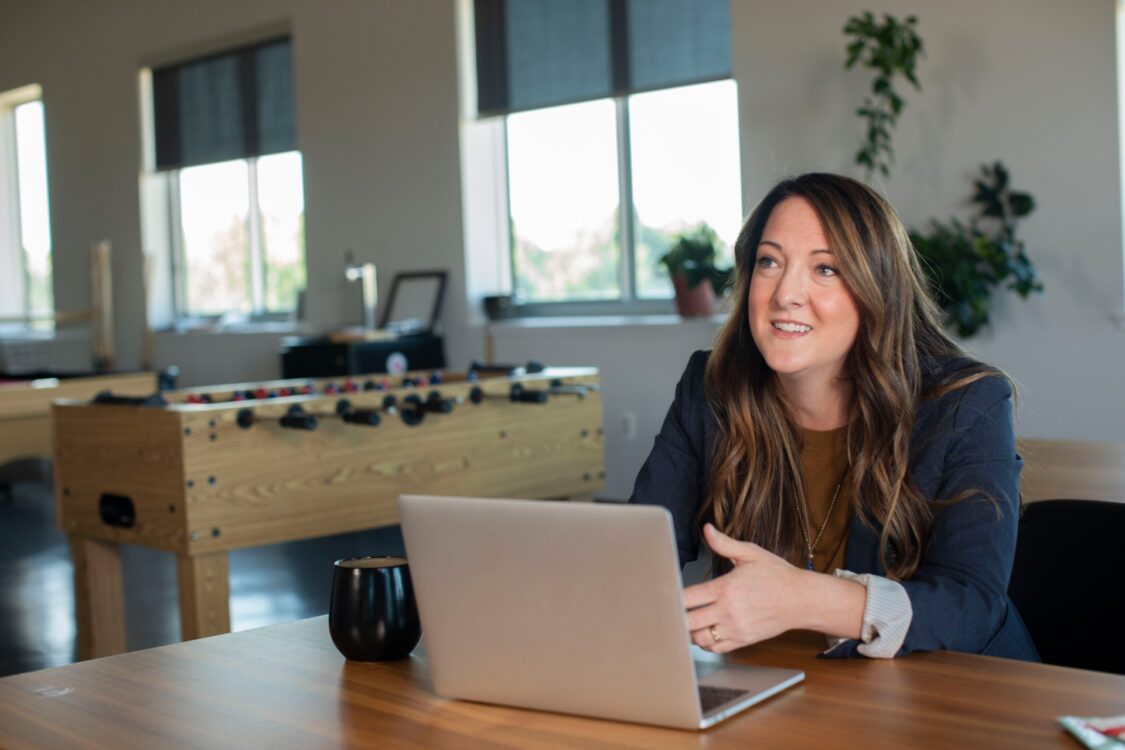
Dr Dawn Harper asks…
Dr Dawn Harper asks, will the world ever be open to talking about periods?
Dr Dawn Harper is a GP and leading media medic
In an age where no topic seems off limits, why is talking about periods still taboo? We’ve come on leaps and bounds in discussions around mental health, gender equality and disability, but over a third of adults in the UK find talking about the subject of periods uncomfortable. In this blog, I’m going to explore why embarrassment around periods exists and how we can help to evolve the conversation.
Between the ages of 12 and 52, the average woman will have 480 periods. It’s a completely normal part of life (and likely the reason why you’re reading this!) but shockingly, nearly half of girls in the UK don’t know what is happening to them when they first get their period. In fact 60% of girls admit to feeling scared, 58% felt embarrassed and almost half felt too self-conscious to tell anyone.(3)
This could stem from the historic belief in some cultures that periods are unclean, which persists in some societies. We also know there is a misunderstanding of where period blood comes from (almost 35% of men and over 20 % of women don’t know where it comes from, with some thinking it comes from the bladder!(1). Add to this a combination of sometimes brief and awkward sex education, hiding period products from our children and even avoiding correct terminology (there are 250 terms to describe periods in the UK!(1) and it’s easy to see why it’s off limits. We need to remove this embarrassment and normalise talking about periods, particularly as 1 in 5 girls are bullied at school because of their period(4).
If the world is going to be open to talking about periods, then it needs to start with us. Normalising period talk is not only empowering, but it is essential to promoting women’s health; helping women better understand what’s normal and what’s not when it comes to their monthly cycle.
In fact, did you know that more than 1 in 5 women suffer from heavy periods? Yet many women don’t realise that it is a treatable medical condition. I see lots of women with menstrual problems, and I’m sure your GP has too, so there’s absolutely nothing to be embarrassed about! You will know if you’re suffering with heavy periods if you find yourself doubling up on period products, changing your pad or tampon more often than every 4-5 hours or experiencing periods that last longer than seven days. There are different treatment options available so please visit your GP if you find yourself struggling with your health (mentally or physically) because of your heavy periods. Visit the Your GP Visit page on the Wear White Again website to help you plan for your appointment.
Wear White Again is a Hologic campaign.
References
1 Data on file: MISC-05658-GBR-EN Rev 001
2 NHS Choices: Periods (2016). Last accessed July 2019, available at: https://www.nhs.uk/conditions/periods/fertility-in-the-menstrual-cycle/
3 Survey by Censuswide commissioned by Betty for Schools and conducted between 1st and 6th March 2017
4 Poll by Plan International UK released to coincide with Menstrual Hygiene Day 2019
5 Royal College of Obstetricians and Gynaecologists. National Heavy Menstrual Bleeding Audit (May 2011). Last accessed July 2019, available at: https://www.rcog.org.uk/globalassets/documents/guidelines/research–audit/nationalhmbaudit_1stannualreport_may2011.pdf
SOM-00747-GBR-EN Rev 001




